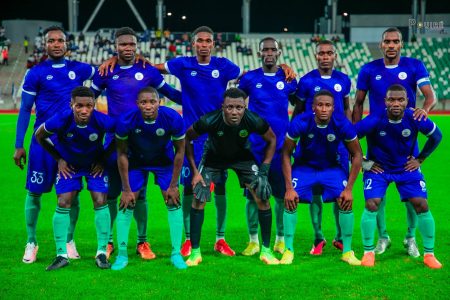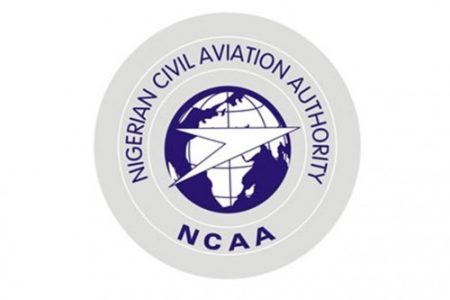The inaugural FIFA Club World Cup, revamped and expanded to a 32-team format, is set to commence in the United States, marking a significant evolution in the global club football landscape. This quadrennial tournament, orchestrated by football’s governing body, brings together champions from various continental confederations and high-performing clubs based on a four-year ranking system, creating a diverse and competitive field. The tournament’s structure reflects FIFA’s ambition to elevate the Club World Cup to a more prestigious and globally recognized event, rivaling even continental championships in stature.
The participating teams represent a broad spectrum of footballing cultures and styles, hailing from six different continental confederations. Europe dominates the field with 12 representatives, a testament to the continent’s footballing prowess. South America follows with six teams, showcasing the region’s rich footballing history and passionate fan base. Asia and Africa each contribute four teams, while CONCACAF, encompassing North and Central America and the Caribbean, also fields four representatives. Oceania sends one team, and the host nation, the United States, has two representatives, completing the 32-team roster.
The qualification process for this expanded Club World Cup is twofold. Sixteen teams earned their spots by clinching continental championships between 2021 and 2024. These champions include familiar names from Europe’s prestigious Champions League, such as Chelsea, Real Madrid, and Manchester City. South America’s Copa Libertadores winners, including Palmeiras, Flamengo, Fluminense, and Botafogo, also feature prominently. From Asia, Al Hilal and Urawa Red Diamonds secured their places, along with Al Ain, who qualified twice as AFC Champions League winners. CONCACAF Champions League winners Monterrey, Seattle Sounders, and Pachuca also earned their berths, while African champions Al Ahly and Wydad Casablanca round out the continental champions. Auckland City from Oceania qualified thrice as OFC Champions League winners.
In addition to the continental champions, 14 teams qualified based on their performances in continental club competitions over the past four years. This ranking system provides a pathway for consistently high-performing clubs that may not have won their respective continental championships but have demonstrably strong records. European powerhouses like Bayern Munich, Paris Saint-Germain, Borussia Dortmund, Inter Milan, Porto, Atletico Madrid, Benfica, Juventus, and Red Bull Salzburg secured their places through this route. South American giants River Plate and Boca Juniors also qualified based on their rankings. Ulsan HD from Asia, along with African teams Esperance and Mamelodi Sundowns, complete the list of teams qualified through the four-year ranking system.
The final two slots were allocated to teams representing the host nation, the United States. Inter Miami, boasting the star power of Lionel Messi, secured one spot by winning the Supporters Shield, signifying the best regular season record in MLS. While LA Galaxy eventually won the MLS Cup playoffs, Inter Miami’s regular season performance was deemed sufficient for inclusion in the Club World Cup. The other spot was claimed by Los Angeles FC (LAFC) after a dramatic 2-1 extra-time victory against Club America of Mexico in a play-in match. This spot became available following FIFA’s decision to ban Mexican club Leon due to ownership conflicts with another participant, Pachuca, both being under the control of Grupo Pachuca. LAFC’s qualification was justified by their runner-up finish to Leon in the 2023 CONCACAF Champions League.
The new FIFA Club World Cup is poised to be a spectacle of global football talent, showcasing the best clubs from across the world. The expanded format, combining continental champions with top-ranked teams, promises a highly competitive tournament. The inclusion of teams like Lionel Messi’s Inter Miami adds an element of star power and intrigue, particularly for the American audience. The controversy surrounding LAFC’s qualification adds another layer of complexity to the narrative, highlighting the intricacies of club ownership and FIFA regulations. The tournament’s success will be a crucial indicator of FIFA’s vision for the future of club football and its ambition to create a truly global club competition.













